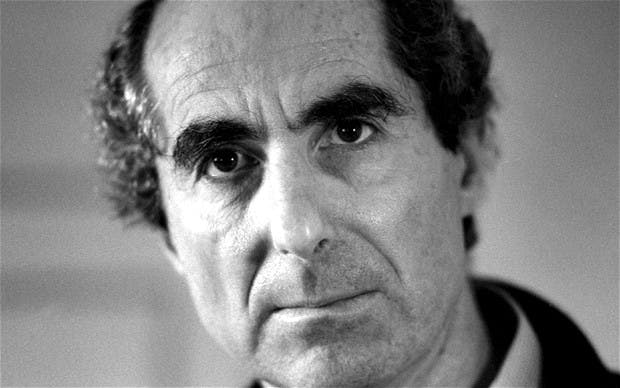


Other texts flirted with real-life characters: The 1971 satire Our Gang was an obvious (and heavy-handed) satire of Richard Nixon's administration, while Eve Frame, a character in 1998's I Married a Communist, was widely interpreted to be an unflattering stand-in for Roth's real-life ex-wife, actress Claire Bloom. There was his series of "Roth novels"-including the eerily prescient The Plot Against America-which were told from the point of view of narrator "Philip Roth." There were the Zuckerman novels-including, among others, The Ghost Writer, Zuckerman Unbound and The Anatomy Lesson-each narrated by that Roth-like surrogate character. (The book, for instance, contains a letter of critique purportedly from Roth's fictional alter ego, Nathan Zuckerman, to Roth.)Īs anybody who obtained an English degree in the past 40 years can attest, Roth took delight in blurring the lines between reality and storytelling. But the title is winkingly ironic-even here, Roth indulges in sneaky narrative tricks designed to complicate the relationship between the writer and his work. In 1988, he published a memoir, The Facts: A Novelist's Autobiography, chronicling his early life and career. Perhaps he had felt that his novels, with their unmistakably ruthless satirizing of Jewish-American life and libido, came close enough to life already. Roth was well into his 50s by the time he published a book of new material marketed as nonfiction. (Give the audience a break for being confounded, Phil.) I write autobiography and I'm told it's fiction, so since I'm so dim and they're so smart, let them decide." Confusingly, Roth wrote this line as "Philip," the quasi-fictional protagonist of his 1990 novel, Deception, who obviously shares real-life attributes with the author. "I write fiction," Roth once wrote, "and I'm told it's autobiography.

Of course, with Roth the fundamental genre distinction-what's real, what's fake-was never quite so clear. His memoirs and essays remain underdiscussed in his oeuvre, during his lifetime and now after. He was a "novelist"-that's it, just a novelist-according to Wikipedia, the author's onetime nemesis.īut what about his nonfiction? Though known primarily for his novels (especially the scandalous for its time Portnoy's Complaint and the Pulitzer Prize–winning American Pastoral), the late author also was a skillful and outrageous chronicler of his own life.

Philip Roth was a "giant of American literary fiction," "a titan of American fiction" and "a towering novelist," according to several of the many obituaries and tributes that have flooded the media since his death Tuesday night.


 0 kommentar(er)
0 kommentar(er)
